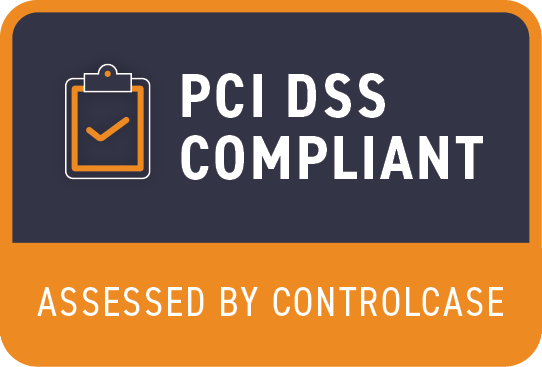Ever imagined a world where accepting online payments feels like a seamless breeze? In today's digital age, offering convenient payment options is crucial for any business, especially for mid-sized and large organizations expanding their reach. But behind the scenes of that smooth transaction lies a complex ecosystem – and understanding the key players is vital for maximizing efficiency. Here's where merchant acquirers and payment processors step in. This blog unveils the differences between these two vital roles, helping you navigate the world of online payments with confidence.
A Glimpse into Merchant Acquirers and Payment Processors
Think of a customer buying a product online. Behind the scenes, a complex workflow unfolds. The customer enters their payment information, which is sent to a payment processor for authorization. If approved, the payment processor relays the authorization to the merchant acquirer. The merchant acquirer then handles the transfer of funds from the customer's bank to the merchant's account, minus any processing fees. Though both play crucial roles, merchant acquirers and payment processors serve distinct functions.
Merchant Acquirer: Meaning
Picture a merchant acquirer as the financial bridge between your business and the vast world of payment networks (Visa, Mastercard, etc.). Merchant acquiring services hold the key to unlocking the ability to accept credit and debit cards, establishing merchant accounts where funds from your customer's transactions are deposited, minus any processing fees. Acquirers also assess and manage the financial risk associated with your business, ensuring smooth transactions for both you and your customers while facilitating the transfer of funds from your customer's bank to your merchant account. Moreover, for any issues related to your merchant account, you'll typically reach out to your acquirer for customer support.
While convenient, merchant acquiring services often charge a bundle of fees that can eat into your profits. Plus, they might have limitations on who they work with or what payment methods they offer. In the end, it's a trade-off. If ease of use and security are top priorities, an acquirer might be your match. But if you crave control and potentially lower fees, exploring separate acquiring and processing services could be worth considering.
Payment Processor: Meaning
The payment processor serves as the technological intermediary during a transaction. They facilitate electronic transactions between the bank and the customer. Payment processing processes safeguard secure payment gateways where customers enter their payment information, verify details, and ensure sufficient funds are available. Additionally, payment processors employ advanced fraud prevention systems to protect both you and your customers while utilizing robust encryption protocols to safeguard sensitive financial information.
While they ensure smooth transactions and protect your customers' data, processors might not offer merchant accounts or risk management. This means you'll need to find those services elsewhere. Additionally, their fees can add up, especially for high-volume businesses. So, it's a tech-powered partnership, but one that might require extra legwork and cost considerations at your end.
Difference: Merchant Acquirer and Payment Processor
While both are critical for online payments, acquirers and processors differ in their roles and operations. Merchant acquirers primarily handle the financial aspects, such as funds transfer and risk management, while processors focus on the technical side, including authorization and security. Payment processors usually collaborate with various acquirers, whereas acquirers partner with specific processors. Furthermore, acquirers are subject to heavy regulation by financial institutions, whereas processors prioritize adherence to card network security standards.
In short, acquirers deal with the money side (funds transfer, risk management), while processors focus on the technical side (authorization, security). Understanding these differences empowers you to make informed decisions about your online payment processing needs.
Merchant Accounts vs. Payment Processors: What Will Work For You?
Many businesses might encounter merchant service providers offering both acquiring and processing services. This can be a convenient option, but understanding the individual roles still holds value. Separating your acquiring and processing can offer more flexibility when negotiating fees with each provider. Certain processors might specialize in specific industries or offer unique features. As your business grows, you might need an acquirer with robust risk management capabilities or a processor with advanced fraud prevention tools.
Ultimately, the decision of whether to choose a combined service or separate providers depends on your priorities. Consider factors like convenience, budget, specific industry needs, and the potential for future growth in newer geographies.
Hyperswitch as a Merchant Acquirer and Payment Processor
Hyperswitch understands the complexities of online payments and can be your trusted partner. It offers seamless merchant accounts by simplifying the process of setting one up, allowing you to accept payments quickly and securely.
The Hyperswitch platform ensures smooth and transparent transactions for both you and your customers. Plus, it offers a unified solution, streamlining your payment experience while maintaining the flexibility to choose specific features that suit your needs.
In a nutshell, Hyperswitch is a one-stop shop offering a unified solution for both acquiring and processing needs; it also emphasizes flexibility.
Regardless of whether you choose a combined or separate approach, understanding the roles of merchant acquirers and payment processors empowers you to make informed decisions for your business.








